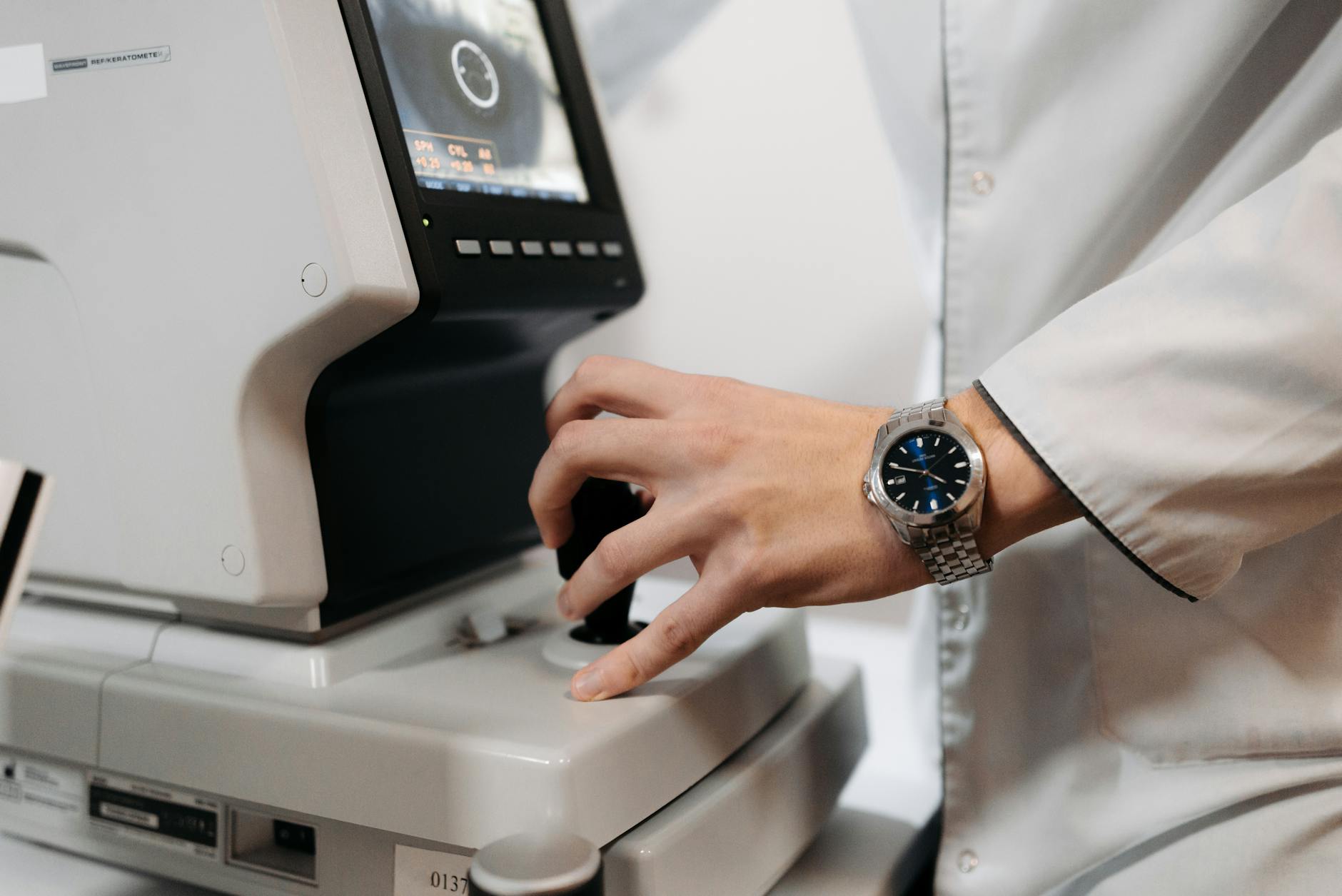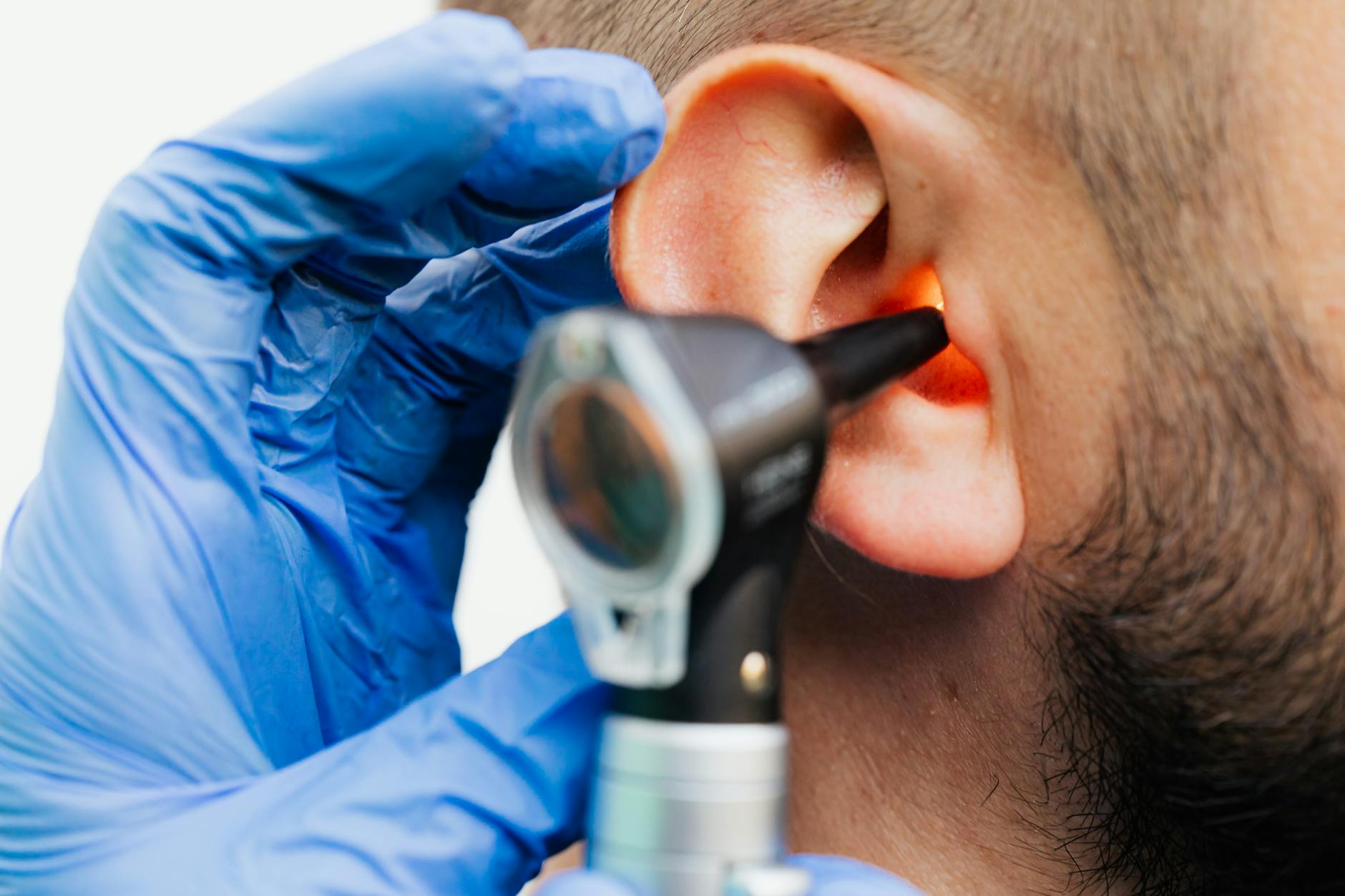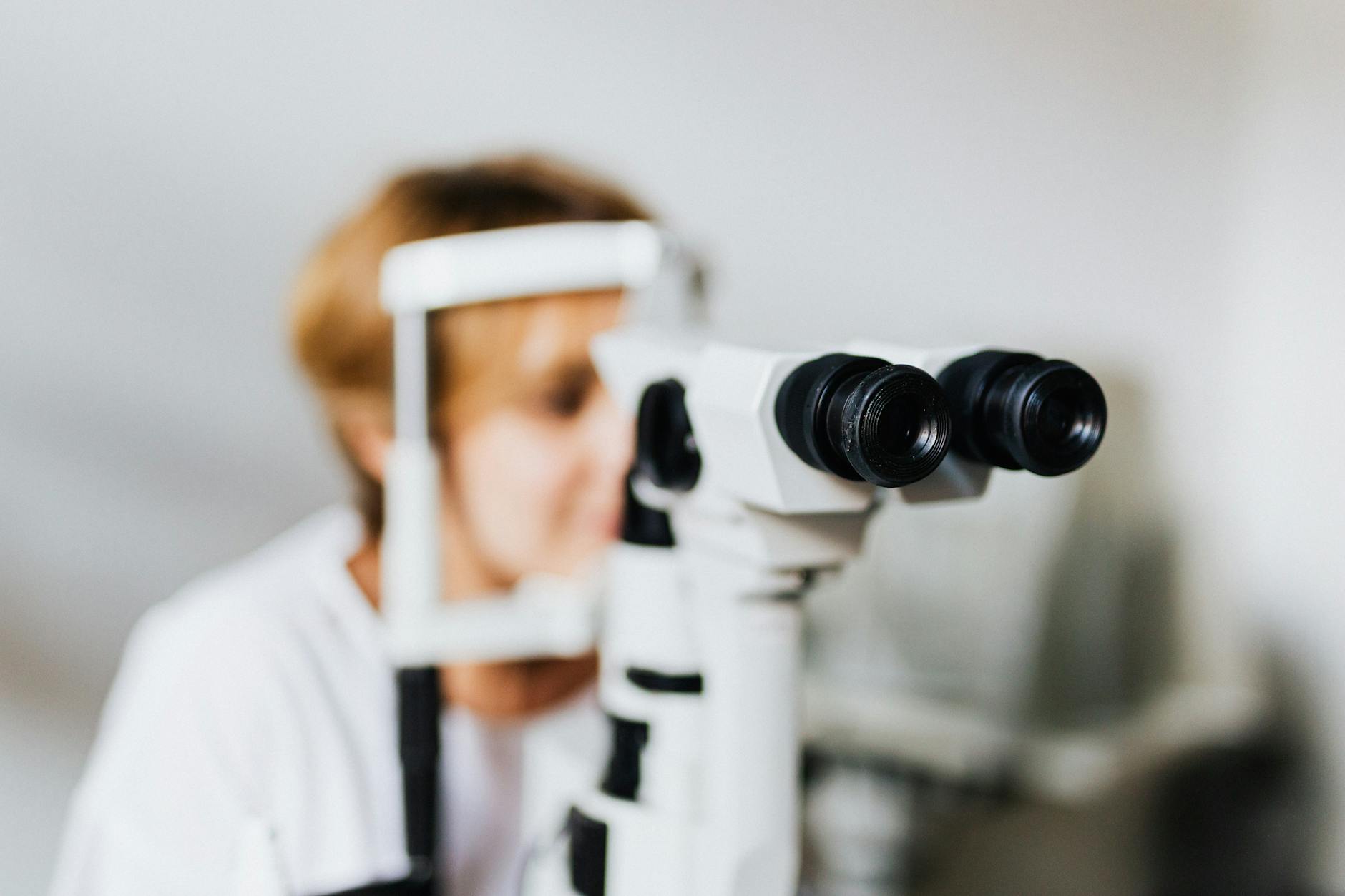Navigating the complexities of healthcare can be daunting, especially when it comes to understanding the specifics of coverage under Medicare. For many seniors, healthcare professionals, and policymakers, clarity on vision and hearing services under Medicare is crucial. This article aims to provide an in-depth look at what Medicare covers, its limitations, and important considerations for those relying on these essential services.
What is Medicare?
Medicare is a federal health insurance program primarily for individuals aged 65 and older, although certain younger people with disabilities and those with End-Stage Renal Disease (permanent kidney failure requiring dialysis or a transplant) also qualify. The program is divided into parts:
- Part A covers hospital insurance.
- Part B covers medical insurance.
- Part C (Medicare Advantage) offers an alternative way to receive your Medicare benefits.
- Part D covers prescription drugs.
While Medicare provides extensive coverage for many medical services, vision and hearing services under Medicare have their unique stipulations and limitations.

Vision Services Under Medicare
What’s Covered?
Medicare Part B covers some preventive and diagnostic vision services, but it often falls short when it comes to routine eye care. Here’s what is generally covered:
- Glaucoma Tests: Medicare covers glaucoma tests once every 12 months for individuals at high risk, including those with diabetes or a family history of glaucoma.
- Diabetic Retinopathy Exams: Annual eye exams for diabetic retinopathy are covered for people with diabetes.
- Macular Degeneration: Treatments like injections and certain drugs are covered if you have age-related macular degeneration (AMD).
- Cataract Surgery: Medicare covers the cost of cataract surgery and one pair of corrective lenses or contact lenses following the surgery.
What’s Not Covered?
- Routine Eye Exams: Medicare does not cover routine eye exams for vision correction, also known as “refractions.”
- Eyeglasses and Contact Lenses: Except for a one-time coverage following cataract surgery, eyeglasses and contact lenses are not covered.
- Eye Refractions: These tests to measure your vision are not covered.
Alternatives for Coverage
For routine vision care, seniors may consider Medicare Advantage plans that often include additional benefits such as routine eye exams and eyewear. Vision insurance plans and discount programs are also available to help cover these costs.

Hearing Services Under Medicare
What’s Covered?
Medicare provides limited coverage for hearing services. Here’s a breakdown of what you can expect:
- Hearing Exams: Medicare Part B covers diagnostic hearing and balance exams if your doctor orders them to determine if you need medical treatment.
What’s Not Covered?
- Routine Hearing Exams: Similar to vision, routine hearing exams are not covered under Original Medicare.
- Hearing Aids: Medicare does not cover hearing aids or exams for fitting hearing aids.
Alternatives for Coverage
Many seniors look to Medicare Advantage plans for additional hearing coverage. These plans may offer routine hearing exams and partial or full coverage for hearing aids. Additionally, organizations like the Hearing Loss Association of America (HLAA) provide resources for affordable hearing aids and services.
What can you do
If you’re a senior relying on Medicare, it’s crucial to explore all your options for vision and hearing care:
- Medicare Advantage Plans: You can opt to a Medicare Advantage plan that includes additional vision and hearing coverage.
- Supplemental Insurance: Look into supplemental vision and hearing insurance plans.
- Discount Programs: Utilize discount programs and community resources for affordable care.
Healthcare professionals can play a significant role by:
- Educating Patients: Ensure your patients understand their coverage and the importance of regular vision and hearing check-ups.
- Advocacy: Advocate for policy changes that include comprehensive vision and hearing care under Medicare.
Always check with Medicare
Understanding the intricacies of vision and hearing services under Medicare is essential for seniors, healthcare professionals, and policymakers alike. While current coverage has significant gaps, exploring Medicare Advantage plans, supplemental insurance, and community resources can help fill these voids. Advocacy for broader policy changes continues to be crucial in ensuring comprehensive healthcare for all seniors.














